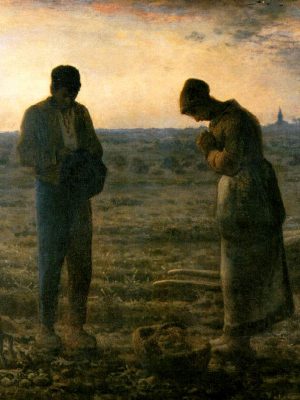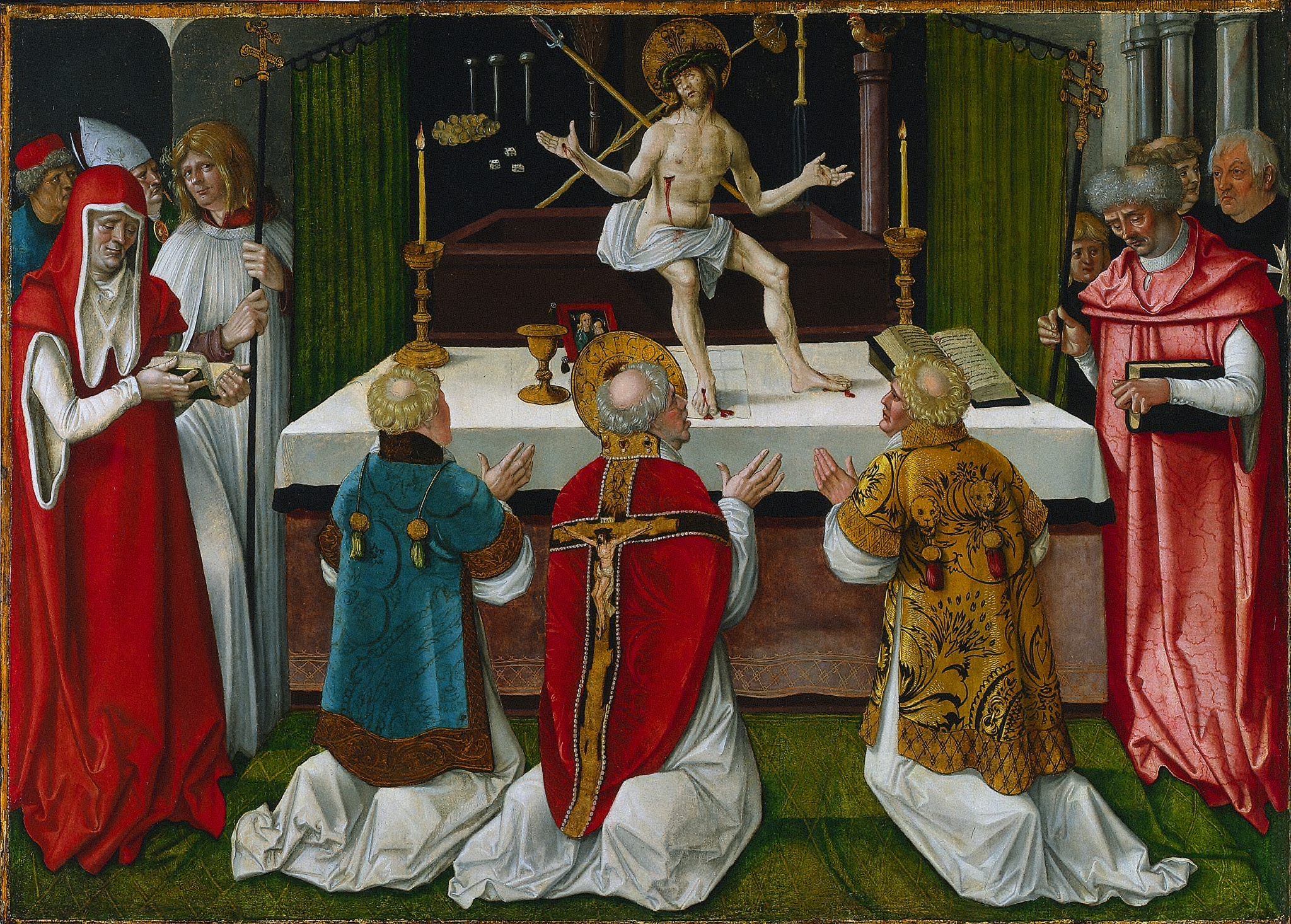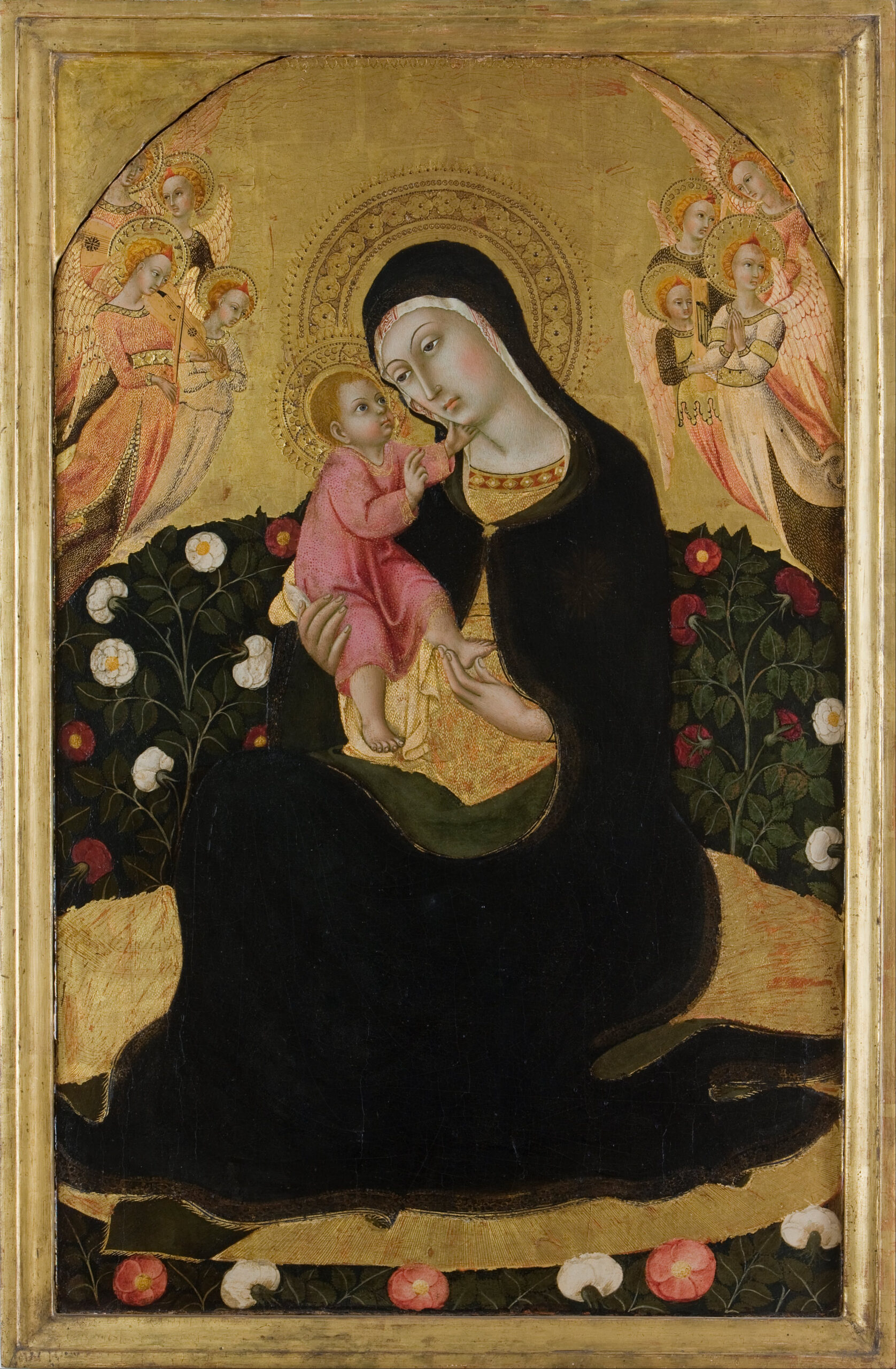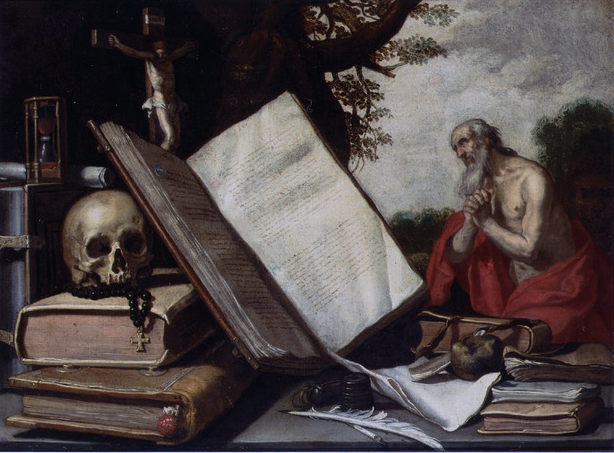In this excerpt, St. Alphonsus Liguori teaches that the soul remains united to God through three things: solitude, silence, and the constant awareness of His presence. Drawing from the wisdom of saints and Scripture, he praises the beauty and joy found in withdrawing from worldly distractions to dwell with God alone. True recollection is not sadness—but a quiet foretaste of Heaven.
“Having dismissed the multitude, he went into a mountain alone to pray.”
—Matt. 14:23
3 Things Necessary to Preserve Recollection of Spirit
To preserve recollection of spirit or the constant union of the soul with God, three things are necessary: solitude, silence, and the recollection of the presence of God. It was these three things which the angel of God referred to when, addressing St. Arsenius, he said: “Flee, be silent and rest.” In other words: seek solitude, practice silence, and rest in God by keeping the thought of His presence ever before you.
The Love of Solitude
Souls that love God feel a strong attraction for solitude, for they know that God converses familiarly with those who shun the noise and distractions of the world. “O blessed solitude,” exclaims St. Jerome, “in which God with loving condescension deals familiarly with chosen souls!” God does not speak in those places where time is squandered in loud laughter and idle talk. “The Lord is not in the earthquake” (3 Kgs. 19:11), but He says, on the contrary, in the words of the prophet Osee: “I will lead her into the wilderness and I will speak to her heart.” (Osee 2:14). God speaks to the soul in solitude, and by His words the heart is inflamed with divine love. “My soul melted when my beloved spoke,” said the spouse in the Canticle (5:6).
St. Eucherius relates that a person who desired to be perfect once asked a spiritual director what he had to do, and this was the answer he received: “Solitude is the place where man finds God. In solitude, virtue is easily preserved; in intercourse with the world it is easily lost.” St. Bernard tells us that he learned more about God and divine things in solitude under the oaks and beeches than from the books and schools of the learned. For this reason the Saints felt an irresistible yearning to leave the noise and bustle of the world and retire into solitude; for this reason the mountains and forests and caves were inexpressibly dear to them. In the prophecy of Isaias we read: “The land that was desolate and impassable shall be glad, and the wilderness shall rejoice, and shall flourish like the lily. It shall bud forth and blossom, and shall rejoice with joy and praise: the glory of Libanus is given to it; the beauty of Carmel, and Saron, they shall see the glory of the Lord, and the beauty of our God.” (Is. 35:1). In other words, for interior souls, solitude is the source of abundant delights, for it is there they look upon and contemplate the majesty and beauty of God.
The Thought of God
In order to remain united to God, we must endeavor to keep alive within us a vivid recollection of Him and of the immeasurable goods He bestows on them that love Him. By constant intercourse with the world, these spiritual truths are apt to become obscured in the maze of earthly thoughts and considerations, and piety vanishes from the heart. Worldly-minded people shun solitude, and it is quite natural for them to do so; for it is in retirement that they are troubled with qualms of conscience. They seek the society and excitement of the world so that the voice of conscience may be drowned in the noise that reigns there. Those, on the contrary, whose conscience is at rest, love solitude and retirement; and when at times they are obliged by circumstances to appear in the noisy world, they are ill at ease and feel altogether out of their element.
It is true, man naturally loves the society of his fellow man; but what can be found more beautiful than the society of God? “His conversation hath no bitterness,” says Holy Scripture, “and his company no tediousness, but joy and gladness.” (Wis. 8:16). A life of solitude is not a life of sadness; it is rather a foretaste of Heaven; it is the beginning of the life of the blessed whose sole happiness is found in the love and praise of God. This is what St. Jerome said when he fled from the society of Rome and hid himself in the grotto of Bethlehem: “Solitude is my Heaven,” he wrote. In solitude the Saints seem to be entirely alone, but this is not so. St. Bernard said: “Never am I less alone than when alone”; for when I am alone I am with God, who gives me greater joy than the society of all creatures could afford. If the Saints seem to be sad, in reality they are not so. Because the world sees them deprived of all earthly joys and pleasures, it regards them as most unhappy; and yet the very opposite is the case.
ooo
This article is taken from a chapter in The School of Christian Perfection by Saint Alphonsus Liguori which is available from TAN Books.








